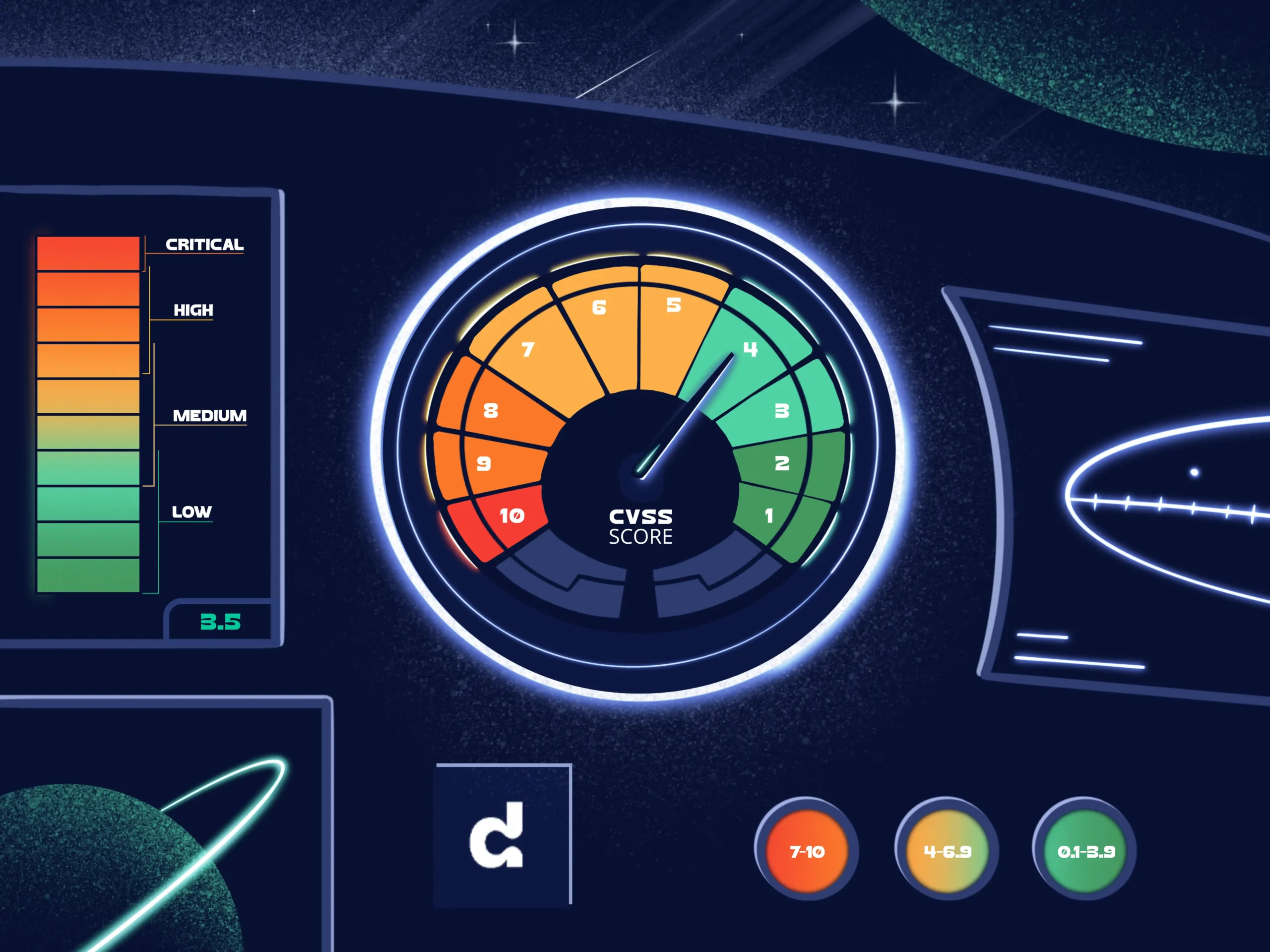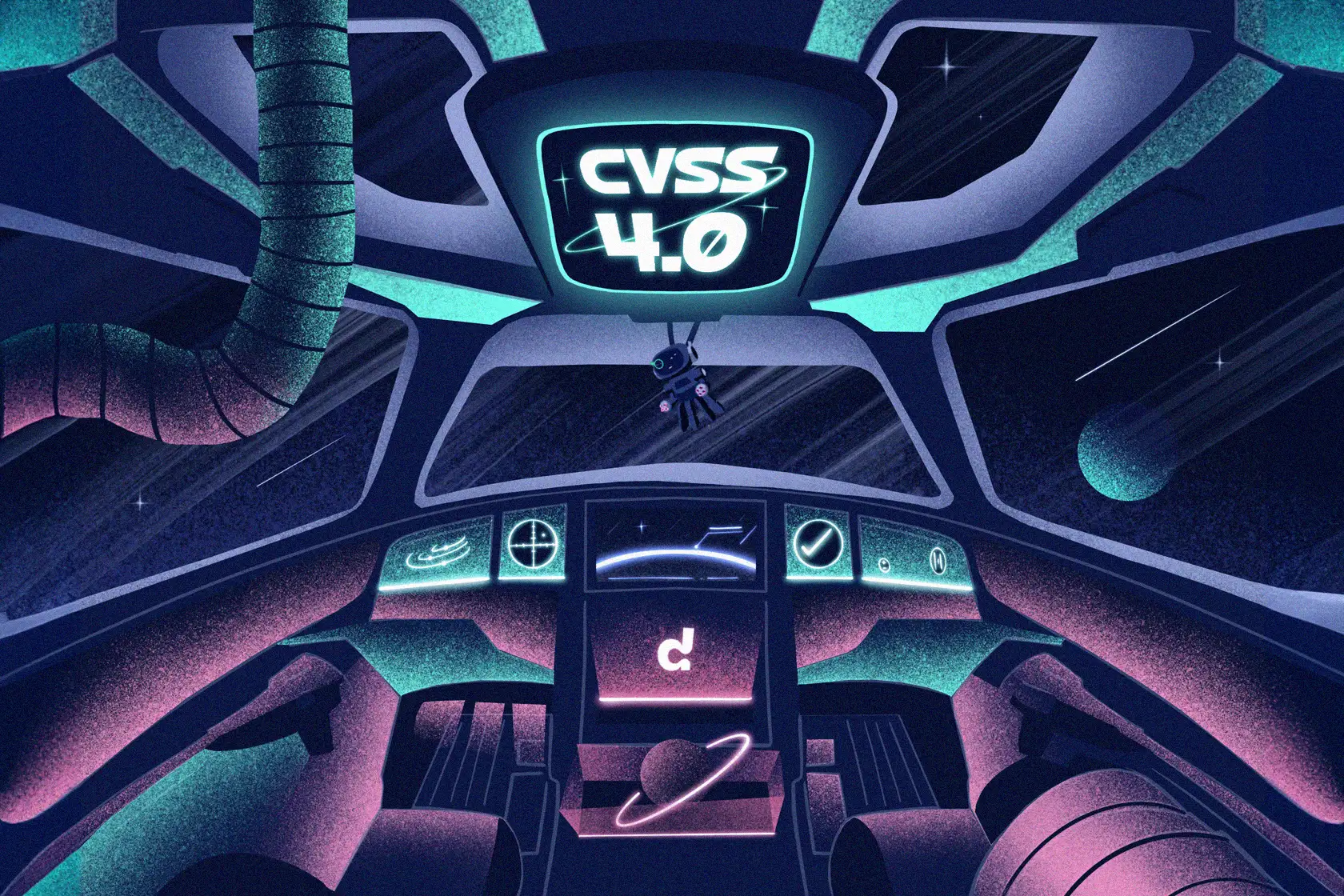
5 Myths About Open Source Software (OSS)

Open source software (OSS) has a lot of admirers, and very often nowadays when a new project is about to be developed, it is generally implied it is going to be done using OSS. Paradoxically, interest in this software has generated a lot of distortions and misconceptions that in practice sometimes prevent its trust among non-experienced users.
Debricked has been dedicated to OSS over the years and has developed a substantial knowledge base. Therefore we would like to present and break down the top common myths about open source software. Let’s hop in!
A project developed with Open Source is a completely open project
Any software project consists of many aspects: project source code, information about uncorrected defects, test source code, documentation, etc. The source code of the project is only a part of it, free access to which does not give the right to call the entire project open. In addition to the source code, other development artifacts should be freely available, and the more artifacts are open, the more the project is open to contributors. Furthermore, transparent processes are needed between all community members in order to facilitate open communication in the project. All these measures will contribute to the development of the project and fruitful cooperation of community members. Thus, the code may be completely available, yet the development process can be closed and non-transparent.
Software based on Open Source projects is automatically Open Source
Companies that develop commercial solutions based on open source projects can include proprietary components in their products. That is due to the fact that the additional closed functionality specifically can give them a competitive advantage among companies that are also building a business based on this open source project. The closed components often form the product that the company can sell to its customers and make money from it. This is a part of the freedom of OSS – you are free to choose the option that suits you best.
Using Open Source software is completely free
There is a common belief that free software is completely free of charge as it is freely available. However, the price of any software itself is only a small fraction of the costs associated with using it. OSS is no exception, so its entire life cycle should be assessed before using it. This is the only way to conclude whether the implementation of open source software will be profitable or not. One of the benefits of OSS is that there is essentially no marginal cost, as it usually does not require additional licenses as deployment expands. There is no purchase of the right to use the program (license), which actually happens during the purchase of commercial software. However, each time a different cost can occur, for example, the cost of time in installation and development, the cost of services (e.g. an inexperienced user asking for support or an organisation paying the IT department for implementation and tech support), or the cost of owning a business. Which option the company chooses depends on the business, but the fact that the project for the implementation and use of open source solutions will not be free is a fact.
You can’t build a business on Open Source solutions due to the lack of technical support
Support is key for users. An ordinary user may do well without it when using open source software, but companies need technical support in most cases. Serious open source projects are either actively supported by the developer community, or there are companies that can provide support for large businesses on a commercial basis, and, if necessary, add the required functionality to the product. The open code, in reality, means that there are more chances for experienced users to detect possible vulnerabilities and scan the security. Moreover, OSS communities are driven to improve the code especially to retain the reputation.
The quality of OSS is worse because anyone can write code for it
The main principle of OSS, open joint development, in its essence is a guarantee that poor-quality code, vulnerabilities and other issues simply cannot be hidden from other participants. A person participating in such projects is ready for the fact that his/her work will be subjected to both analysis and criticism, and, therefore, will not cheat. His/her reputation is at stake, and no developer wants to lose it. In addition, in some communities (e.g., the community around the development of the Linux kernel) there is a rigid principle – only the best, tested and flawless code is accepted into the original kernel. An attempt to add low-quality changes will be rejected, the second attempt is fraught with loss of reputation for the person or the contributing company. An open source project really makes it possible for any person to take part in writing code, but in serious projects, due to the high threshold of entry, the code will not be accepted from people with an insufficient level of expertise. Most large IT companies (IBM, Google, Canonical, Parallels, etc.) have entire departments in which specialists are paid to work on open source projects and thus indirectly work on the company’s products.
Furthermore, it is worth mentioning that companies that develop products based on open source projects are interested in improving the code of open projects that they use. Usually they also have a desire to create a product that is secure. Therefore, all discovered problems and OSS vulnerabilities must be fixed. Debricked can ease this troublesome task by automating vulnerability detection and fixes, so create a free account and try out our tool!
Conclusion
All of these myths arise for the most part among users who are either just starting to work with Open Source Software, or have not tried it at all. The best way to get rid of prejudice is to start working closely with such solutions. If you are interested in learning the best open source practices out there; start your journey with Debricked!


